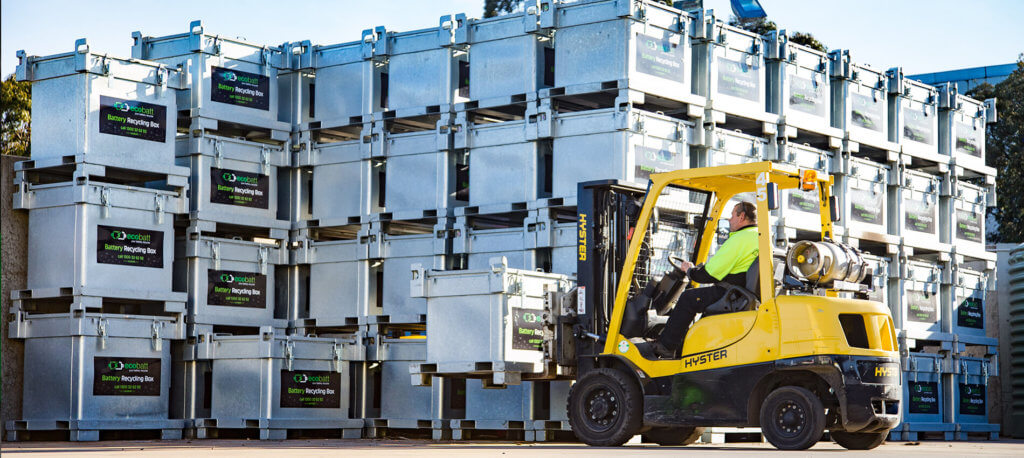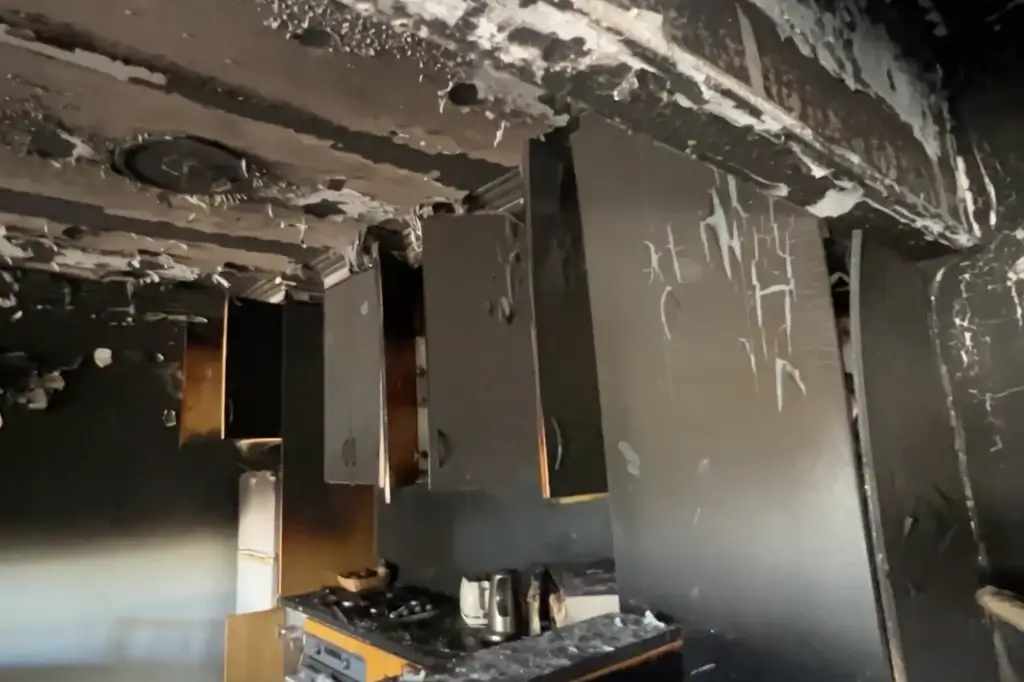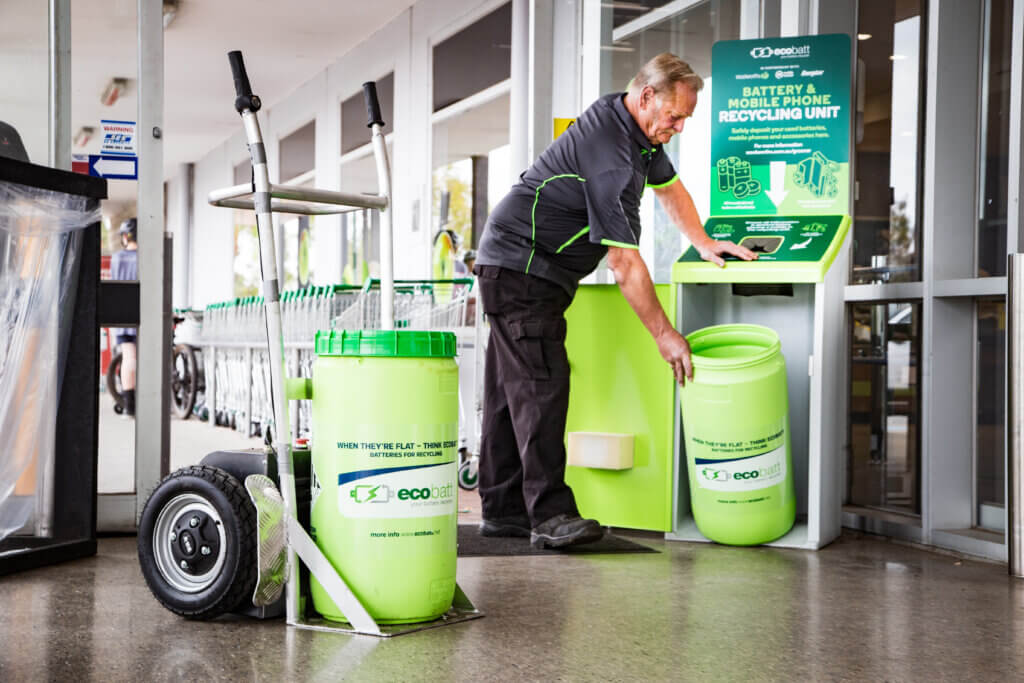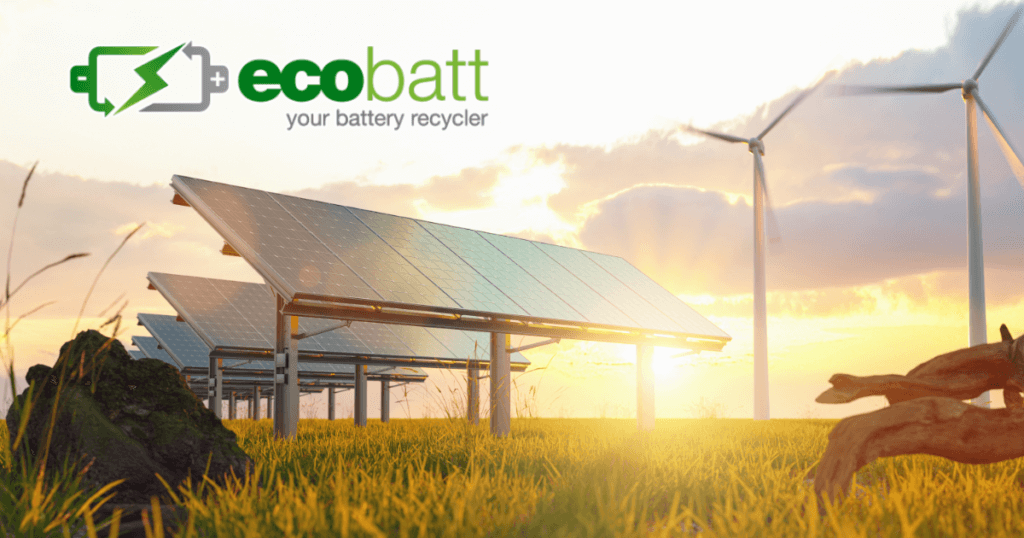Could Kwinana in Western Australia be to lithium what Silicon Valley is to information technology?
With Australia being the world’s largest producer of lithium, a serious study has been made into developing a ‘Lithium Valley’ in WA.
The study makes the case for using Australia’s bounty of lithium to build a local industry that is not only capable of refining lithium and other energy metals, but of manufacturing complete lithium batteries.
Several ASX-listed companies are involved in the mining of lithium ores. They are also developing more efficient extraction technologies and building processing plants here in Australia.
Recycling on the radar
As a bonus, these technologies look like they could provide the missing link in closing the loop on battery recycling.
The extraction industry is well aware of the importance of recycling spent lithium batteries.
It recognises the finite nature of energy metal reserves and has identified waste batteries as possibly being the cheapest source of not just lithium, but other energy metals such as cobalt, nickel and manganese.
In the form of a Lithium Valley or otherwise, Ecocycle fully supports the local development of an integrated lithium industry, including battery manufacturing and full, onshore recycling of batteries.
This will allow Australia to capture as much of the lithium value chain as possible while creating a high-value manufacturing industry.
This would be a welcome departure from the quarry mentality of simply shipping unprocessed ores overseas.
Ecocycle is particularly interested in the ability of the processes being developed to extract lithium from mined ores to also be used to recover it from dead batteries.
This provides an opportunity to achieve full cradle-to-cradle battery recycling within Australia.
However, with less than 5% of lithium batteries being recycled at present, there’s much work to be done to design and implement the systems that will underpin future recycling efforts.
Planning also needs to take account of future battery recycling requirements.
While small batteries from electronic devices make up nearly all of current supplies of spent batteries, in a decade or so large numbers of electric car, truck and grid-connected batteries will also require recycling.
Focused expertise
In developing a local lithium battery recycling industry, it makes sense for companies to focus on what they do best.
In the case of the lithium miners and processors, that’s the extraction and purification of energy metals from recovered battery waste.
For Ecocycle, it’s the provision of expertise and capacity in battery collection, sorting and processing.
It also means assisting battery manufacturers in the design of new batteries so that future recycling can be made as efficient and economical as possible.
Lithium Valley? We think it’s a great idea, and through our involvement with the Australian Battery Recycling Initiative (ABRI), as well as direct discussions with individual companies, we’re already taking action to help make it a reality.





